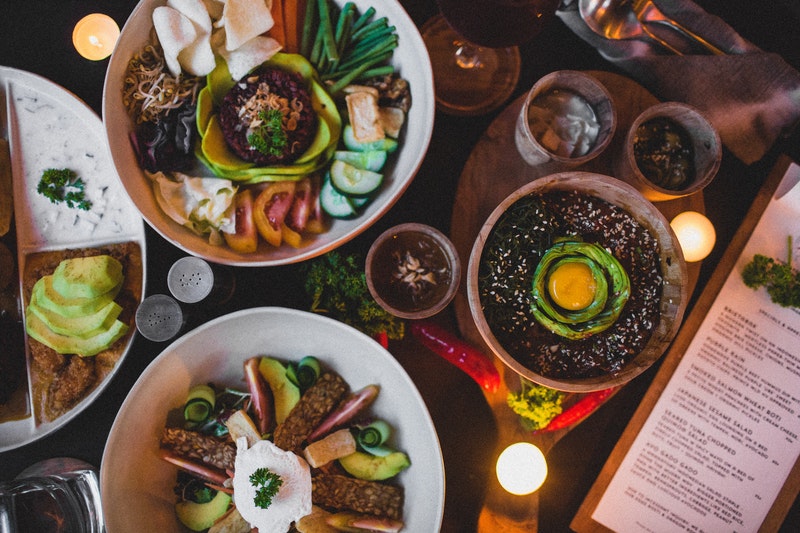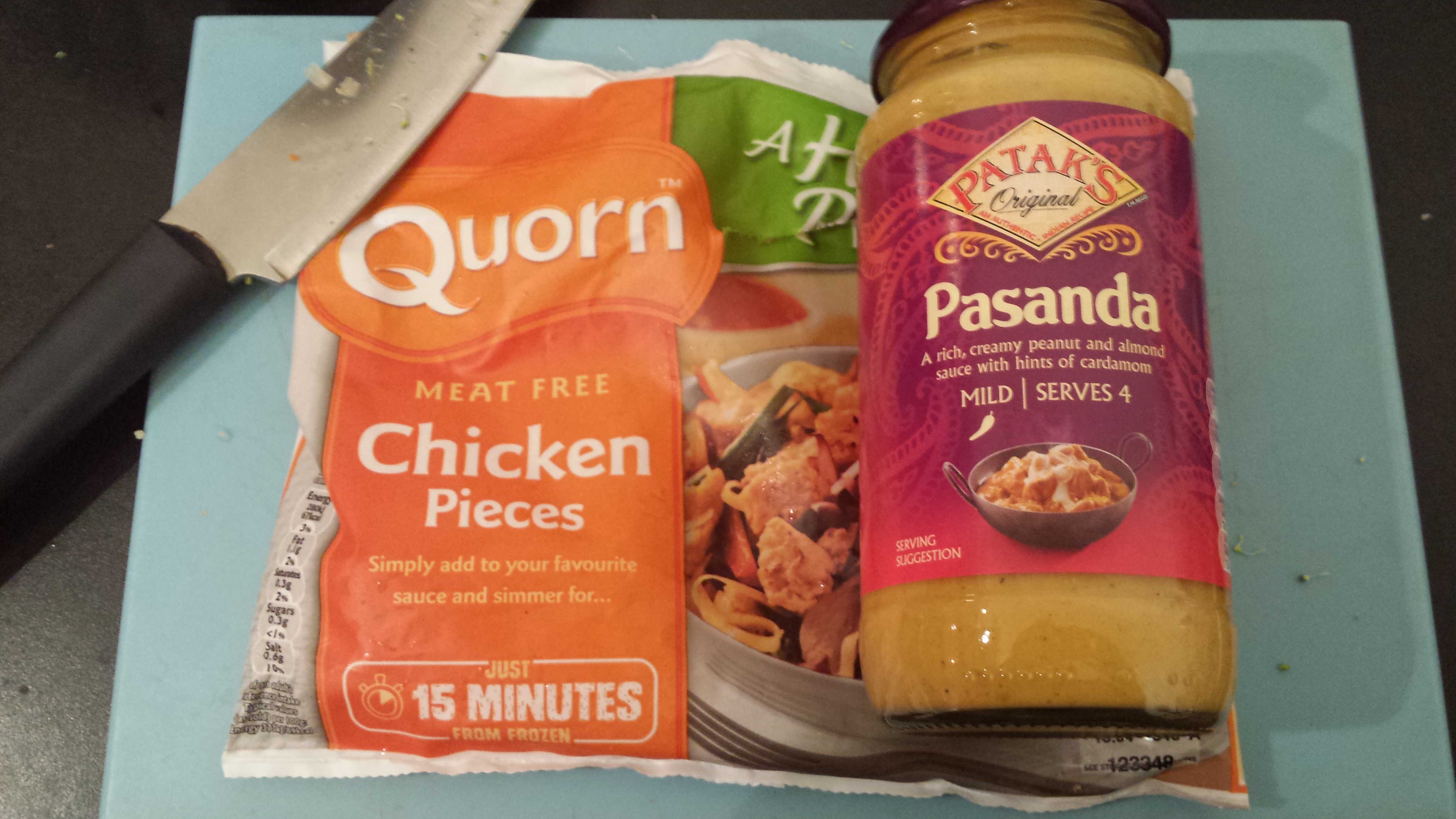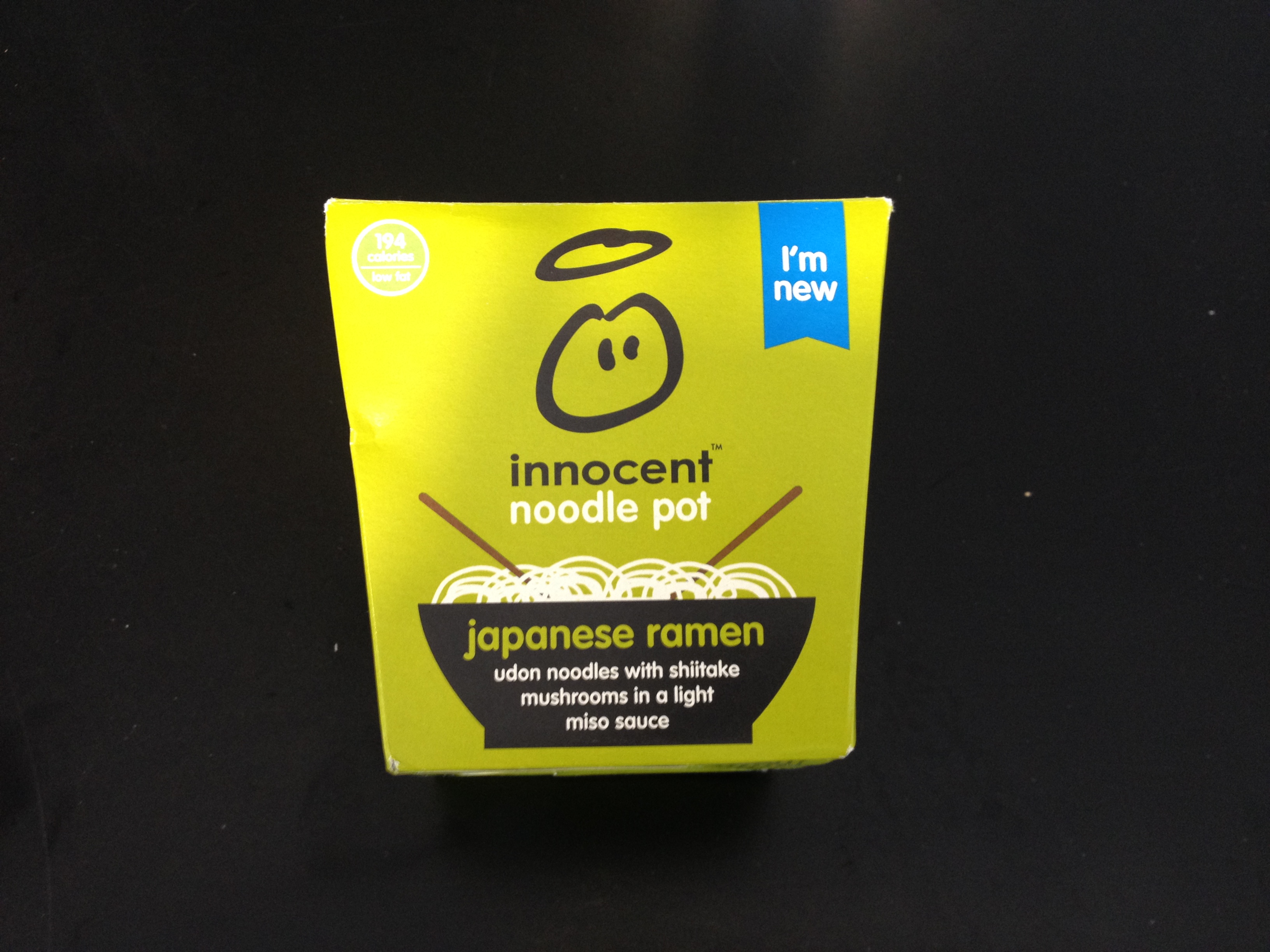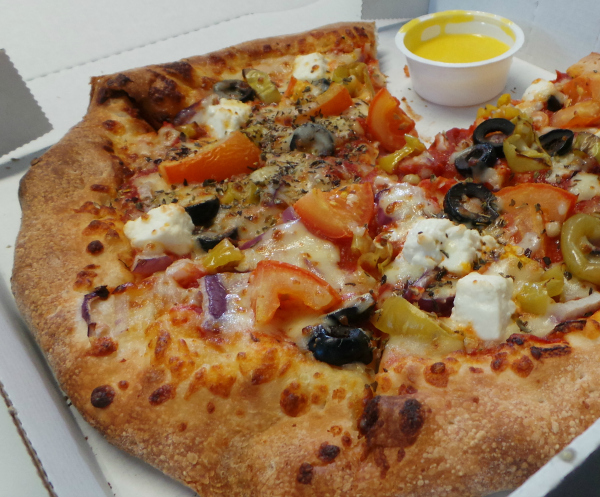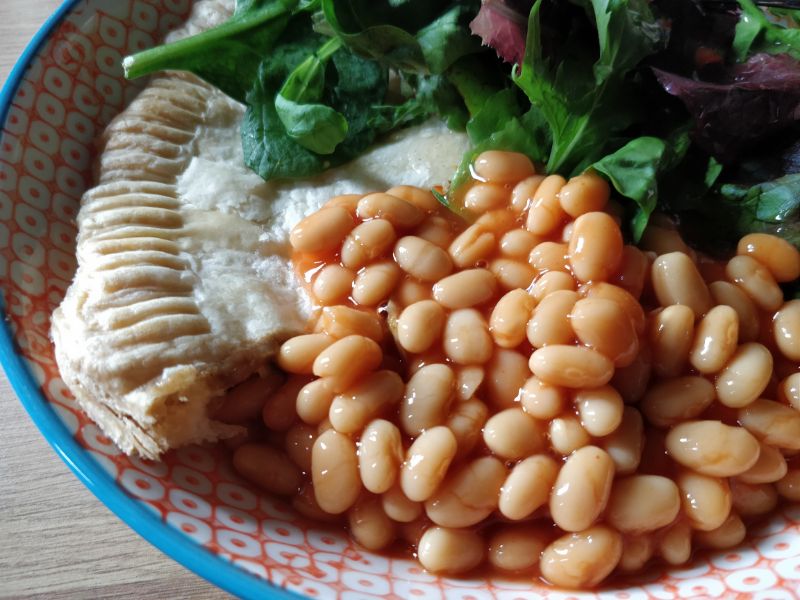How to succeed when taking on the Veganuary challenge
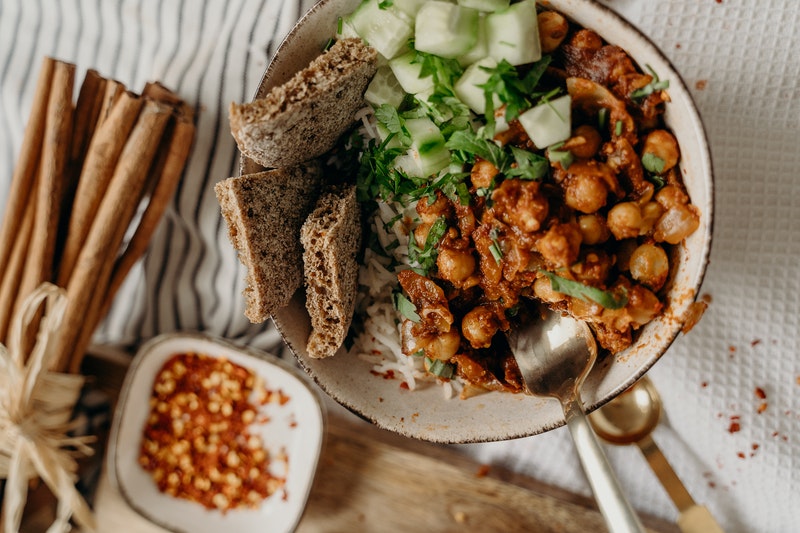
Each January since 2014, thousands of people have taken up the Veganuary challenge of eschewing animal products for a month. Giving up something is rarely easy, and many people wonder if they have it in them to leave meat and dairy out of their diet.
Lapsed vegans cite the following five reasons for slipping:
- Dissatisfaction with food
- Health
- Social issues
- Inconvenience
- Cost
So, with those in mind, here are my top five tips to stay vegan for the month, and perhaps for life.
1. If you start craving cheese/meat/dairy – do not assume your body is telling you to stop being vegan.
Think about this: if you have been eating these products all your life and you suddenly cut them out, your body will react. You need to give it time. Craving meat or eggs for example is likely to be a craving for protein, so the solution is to eat a high protein vegan food.
Your average pork chop contains approximately 20g of protein. This is exactly the same amount of protein as 1/2 cup tofu, or 1 cup cooked beans (I like to use organic soya beans) There are so many quick and easy vegan protein options available now from tofu and ‘faux meat’ to an array of vegan cheese all of which offer plenty of protein to keep you satisfied.
Ask any vegan the most common question they get asked, and they will most probably say top of the list is: ‘where do you get your protein from?’. It is an absolute myth that we need to eat animal products to get protein! There are so many amazing vegan recipes available online and in cookery books, there’s really no excuse for falling off the wagon when you’re looking for a protein fix.
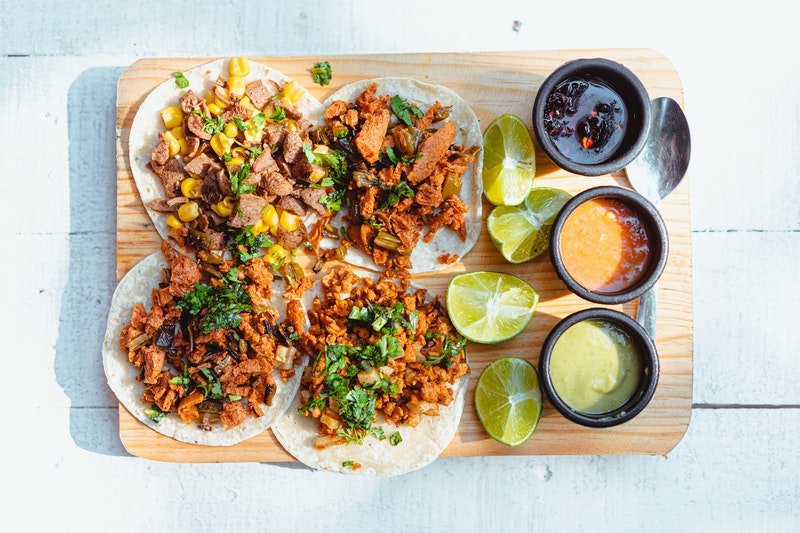
2. Make yourself a decent vegan sandwich
I’ll be honest with you, it’s great that so many non-vegan establishments now offer more and more plant-based dishes, but for me the bar seems to have been set quite low in terms of taste, texture, and ingredients. Particularly in the grab and go sector. We don’t seem to have nailed the vegan sandwich. All too often the default is hummus and roasted veg, or the good old falafel (don’t get me started on what gets called a falafel and shouldn’t be!).
My repertoire includes:
- Wholemeal bread with tofu ‘egg’ mayo, sun dried tomatoes, tamari toasted seeds.
- Bahn Mi – a crusty baguette with tamari tofu, mushroom pate, sriracha and crunchy pickle.
- Big Breakfast Bap – Large soft bap or burger bun with tofu scramble, tempeh bacon, mushrooms, tomatoes and a bit of cheeky mustard mayo.
- The legendary VLT – simple and delicious – soft bread, tempeh bacon, fresh tomato, lettuce and mayo.
- Crunch wrap – any leftover chilli or curry – in a wrap, with some fresh chopped spinach/avocado/tomato/ with the secret ingredient of some slightly crushed tortilla chips. Works hot or cold – wrap tightly and enjoy toasted or not.
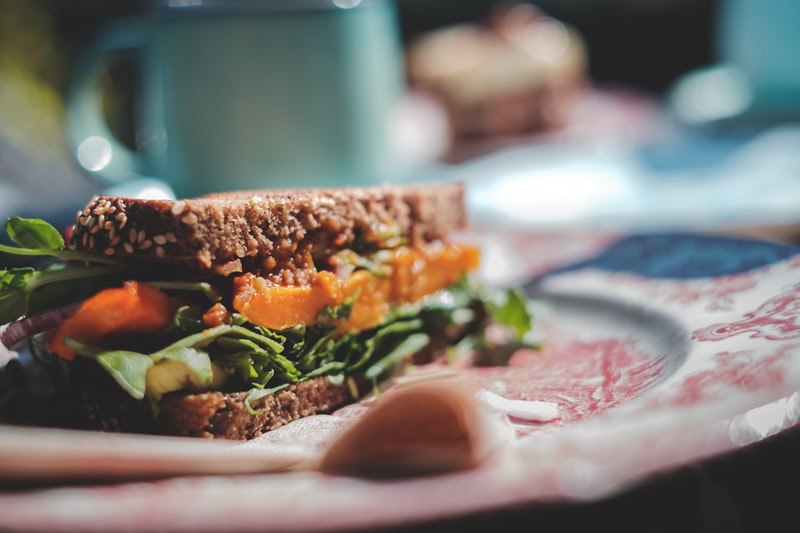
3. Keep quiet about being vegan
It’s likely that you’ve heard this joke:
‘How do you know if someone is vegan?’
‘They tell you.’
Nothing seems to trigger people more one way or the other than being in the presence of a vegan. Firstly, it triggers a whole load of stereotypical comments ranging from the protein question above to comments about what will happen to all the animals if we stop eating them. If you are not sick of these already, then you soon will be.
It is my view that being in the presence of a vegan triggers some level of guilt, and people trip into all kinds of justifying behaviours and questions to deflect and mitigate this. So, my advice is, if you want a quiet life and to ease the social pressure around this, keep quiet about it.
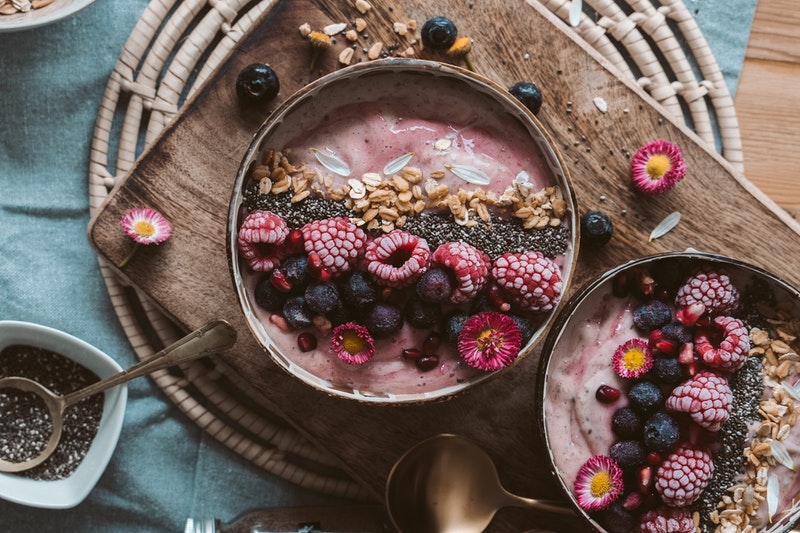
4. Seek out vegan restaurants!
There is an ever-growing number of vegan only establishments now, and almost all are independently run (like Stem & Glory). Whilst a great many non-vegan places will now have a vegan menu, you will experience a far greater level of taste and creativity in a fully vegan establishment. Chefs in vegan restaurants cook and experiment with vegan food all day long, and it’s what drives the movement forward. We have had research visits from many non-vegan chefs who are genuinely interested in the space now. I think it’s likely that we will see more and more high-profile chefs and independent non-vegan restaurants taking the plunge and turning their places fully vegan in the near future. For many chefs, it’s too hard to ignore animal cruelty now – if they handle meat, it is very in their face.
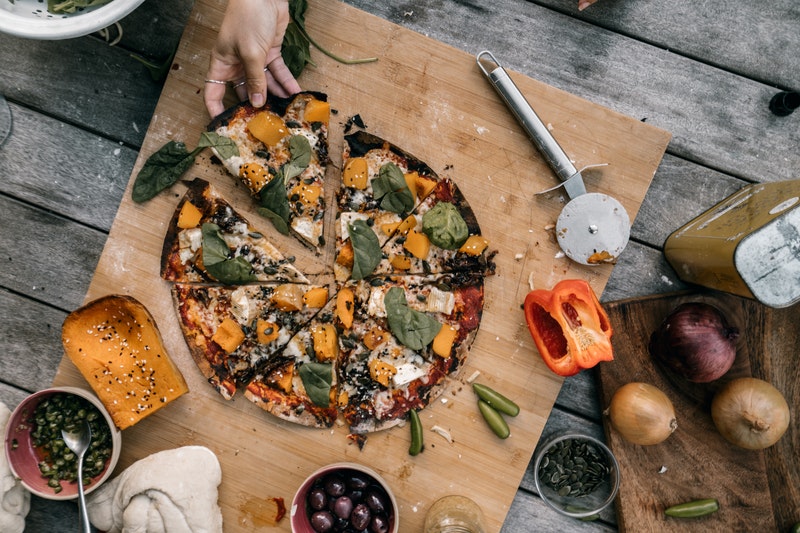
5. Fall in love with wholefoods!
There is a huge plethora of vegan products in the supermarkets now, almost all are packed in plastic and quite expensive compared to animal products. Think about it, the meat and dairy industry is so massive, and demand for plant-based is still in its infancy, of course small independent plant-based producers cannot compete on price.
Whilst plant-based meat and cheese does play a role in converting people to veganism, if you want to save money, stop buying it! British grown lentils and peas (yellow or Carlin peas not garden peas) grow well in the UK, cost around £4 a kilo. They are extremely versatile and nutritious and yellow peas in particular come as whole peas, split peas and pea flour and can be used in so many different ways from falafels to ‘meat’ balls, daal, and pancakes.
One cup of dried lentils or peas costs less than £1 and will feed four people. Buy these and your veggies from a local small or farm shop and you will save further, not only money, but also packaging. British farming needs and deserves our support. It’s not an exaggeration to say that farming more and more of these superfoods in the UK holds a lot of the answers to fixing UK agriculture.
Moving to wholefoods from processed products requires us all to just slow down. It’s convenience that drives processed and packaged foods, and in such a time-pressed society, it’s easy to default to grab and go. Building some time into your schedule for making your own lunch and cooking from scratch does require a change in your schedule, but it really doesn’t need to be onerous.
